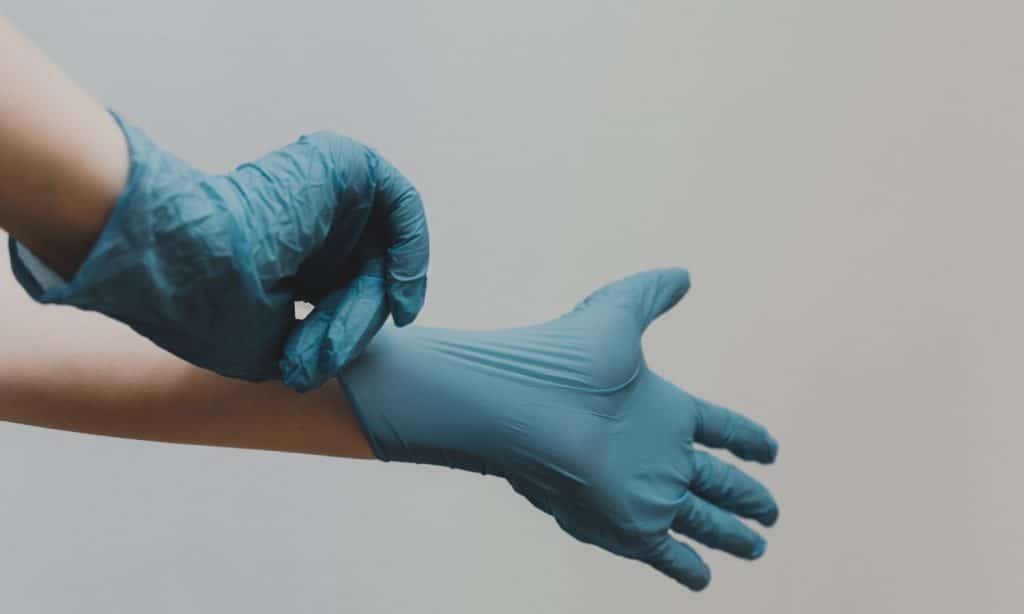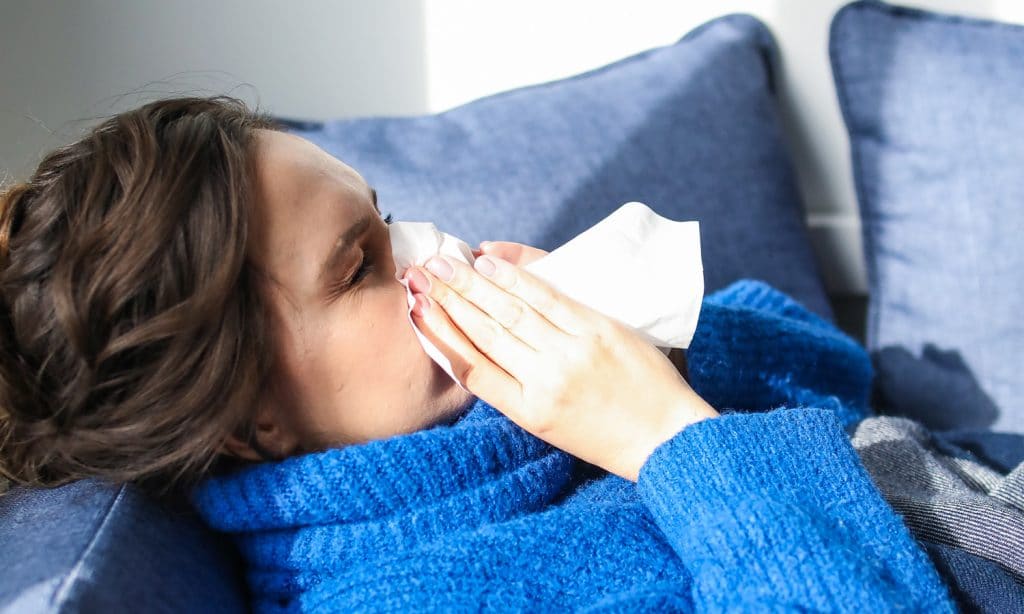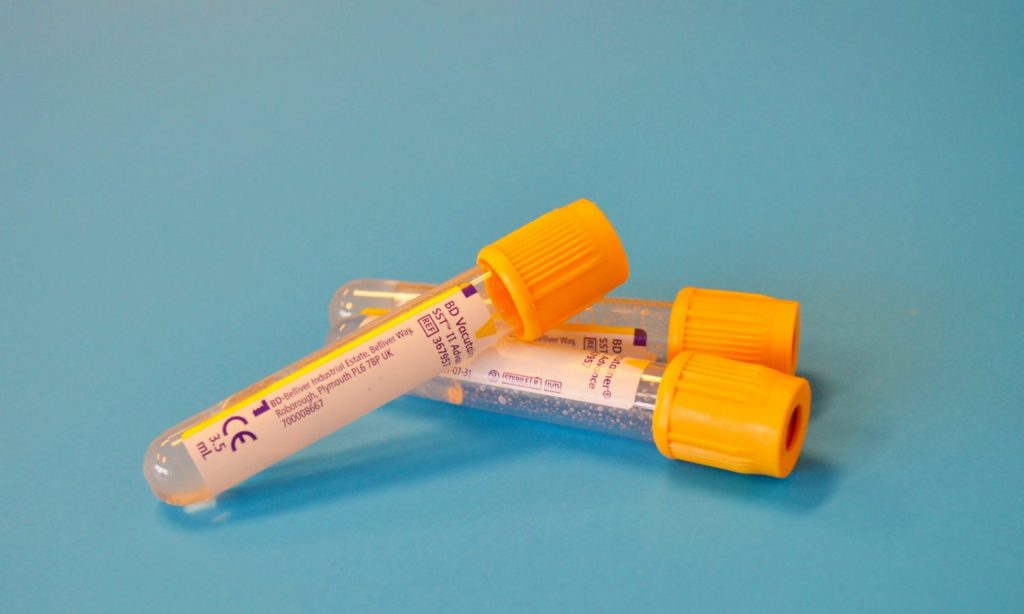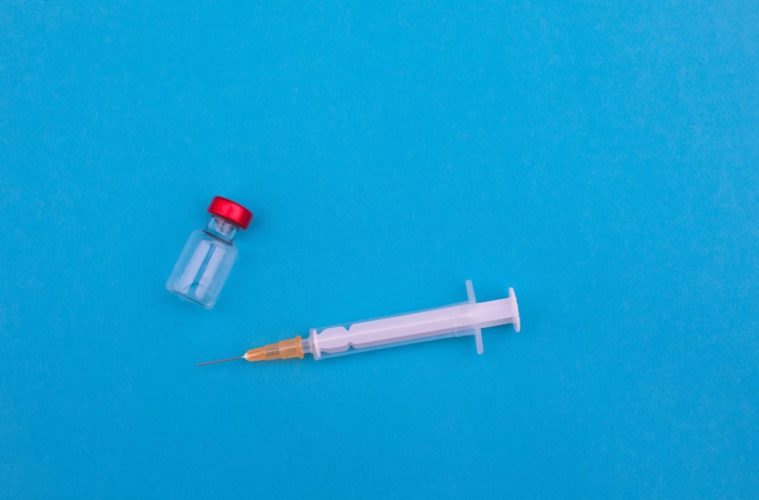In partnership with The Fresh Toast
COVID-19 vaccine falsehoods abound. Here are 5 of the most prominent ones and why they’re wrong.
The arrival of the COVID-19 vaccine has been one of the most awaited moments in recent memory. Now that it’s here, there’s plenty of excitement and controversy to be had. The vaccine’s slow and disorganized rollout and the rising political tensions have fanned the flames of some of the many conspiracy theories that are out there, putting in doubt the effectiveness of the vaccine. (P.S. Conspiracy Theorists Are Everywhere — Here’s How To Talk To Them.)
The COVID-19 vaccine is safe and recommended by all health experts. The faster people get it, the faster it is for the rest of the world to go back to normal. Here are 5 of the most common COVID-19 myths, debunked:
They were rushed so they’re unsafe

The COVID-19 vaccine is the fastest vaccine ever made, so this fear is kind of understandable, especially for the majority of us who don’t know what’s in vaccines and how they work. While speaking with The Try Guys on YouTube, Dr. Fauci explained that there was no rush when making this vaccine. The speed of it is due to the scientific advancements that have been developed over the last 10 years. He also explains that the fact that the pandemic was raging was one of the reasons why the trials were so effective, since there were many infections and many participants.
Long-term effects could produce a disease later on

The chance of a side effect reappearing years later is very low. Historically, if vaccines produce a response from the body, this tends to occur within 30 to 40 days after they were first applied, which is why the FDA waited 60 days after the last participant from the Moderna and Pfizer trials was immunized in order to provide emergency approval.
The vaccine can cause infertility

There’s been a lot of speculation concerning pregnant women and the vaccine. Women who are planning on getting pregnant are also questioning its safety.
According to the American College of Obstetricians and Gynecologists, women who are pregnant and breastfeeding should take the vaccine, even if there have not been any trials conducted on that particular demographic. There’s no evidence that suggests that pregnant women or that women who want to get pregnant should be wary of the vaccine.
Once you have the vaccine you can go back to your normal life

Sadly, that’s not the case. 10 to 14 days after you’ve received your second shot of the vaccine you should consider yourself protected against the virus and while the immunization protects you against developing symptoms of the virus, especially severe ones, it doesn’t mean that your body won’t get infected by COVID-19 and that you won’t spread it asymptomatically.
The only way to return back to normal is for the majority of people to get vaccinated, that way herd immunity is achieved. Herd immunity means that the infection rate is so low in communities that it becomes very unlikely for spread to happen.
Immunocompromised people shouldn’t get vaccinated

RELATED: 5 Questions About COVID-19 Vaccines Answered
Dr. Fauci says that immunocompromised people can and should get the vaccine since the COVID-19 vaccine is an mRNA, meaning that there’s no live virus in the shot. The only time an immunocompromised person shouldn’t get a vaccine is when it’s a live attenuated one, meaning that the virus is active and that it could replicate within you.
Read more on The Fresh Toast
Advertising disclosure: We may receive compensation for some of the links in our stories. Thank you for supporting Irvine Weekly and our advertisers.

